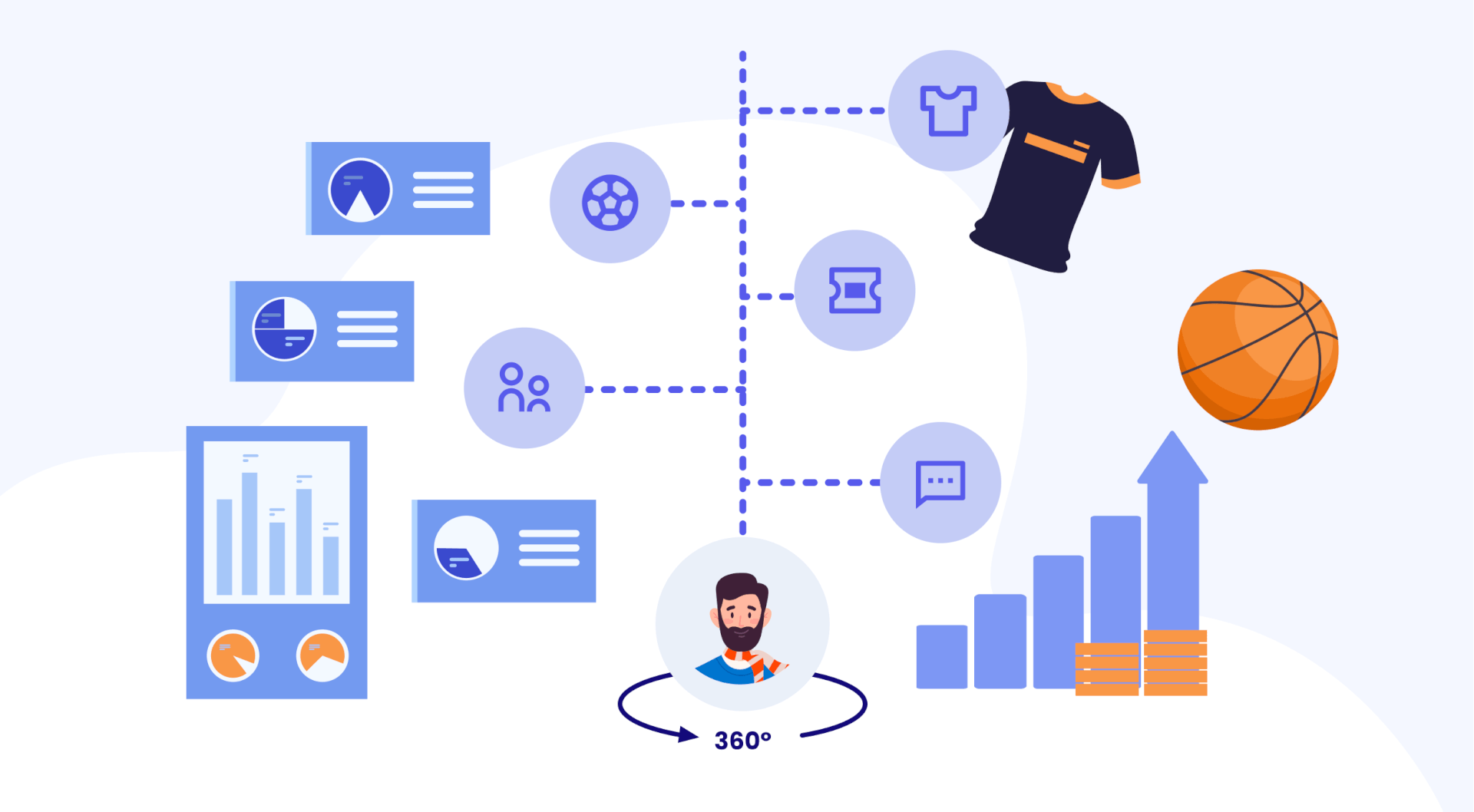In today’s digital age, consumers are bombarded with marketing messages from all sides. Standing out in this crowded landscape requires more than just catchy slogans and flashy visuals. Enter hyper-personalization, a powerful marketing strategy that leverages AI to tailor messages to individual needs and preferences, leading to deeper engagement and stronger brand connections.
Beyond Segmentation: Diving into Hyper-Personalization
Traditionally, marketers segmented audiences based on demographics, interests, or purchase history. While effective, this approach treats customers as groups, not individuals. Hyper-personalization takes it a step further, leveraging AI to create unique experiences for each customer. Imagine your website adapting to a visitor’s past browsing behavior, recommending products they’re more likely to be interested in, or receiving an email celebrating your birthday with a personalized discount. This is the power of hyper-personalization in action.
AI: The Engine of Hyper-Personalization
AI plays a crucial role in analyzing vast amounts of customer data, including:
Purchase history: What products have they bought? What are their spending habits?
Website behavior: What pages do they visit? What content do they engage with?
Social media interactions: What are their interests and preferences based on online activity?
Demographic information: Age, location, and other relevant data points.
Through AI algorithms, this data is transformed into actionable insights. These insights reveal individual preferences, purchase patterns, and even future needs, allowing marketers to craft highly targeted messages that resonate with each customer on a personal level.

Benefits of Hyper-Personalization: From Engagement to ROI
The benefits of hyper-personalization extend far beyond simply sending “Dear [Name]” emails. Here’s how it can positively impact your marketing efforts:
Increased engagement: Customers are more likely to pay attention to and interact with messages that feel relevant and tailored to their needs.
Improved conversion rates: Personalized offers and recommendations are more likely to convert prospects into customers.
Stronger brand loyalty: When customers feel valued and understood, they become more loyal to your brand.
Enhanced customer lifetime value: Providing personalized experiences fosters long-term relationships with customers, leading to increased revenue over time.
Data-driven decision making: AI-powered insights allow you to optimize your marketing campaigns and allocate resources more effectively.
Examples of Hyper-Personalization in Action:
Here are some real-world examples of how brands are using AI-powered hyper-personalization:
- Netflix: Recommends shows based on your watch history and viewing preferences.
- Amazon: Suggests products based on your past purchases and browsing behavior.
- Spotify: Creates personalized playlists based on your listening habits.
- Sephora: Recommends beauty products based on your skin type and makeup preferences.
- Nike: Offers personalized discounts and product recommendations based on your fitness goals and activity data.

Getting Started with Hyper-Personalization: A Step-by-Step Guide
Ready to implement hyper-personalization in your own marketing strategy? Here are some steps to get you started:
- Define your target audience: Who are you trying to reach? Consider demographics, interests, and behaviors.
- Collect and analyze customer data: Leverage website analytics, CRM systems, and social media data.
- Invest in AI-powered marketing tools: Choose platforms that offer personalization features and data analytics capabilities.
- Start small and experiment: Begin with A/B testing different personalization tactics to see what resonates with your audience.
- Respect privacy and transparency: Be clear about how you collect and use customer data, and prioritize privacy and security.
The Future of Hyper-Personalization: A Journey, Not a Destination
Hyper-personalization is no longer a passing trend, but a crucial element of effective marketing in the digital age. As AI technology continues to evolve, we can expect even more sophisticated and nuanced personalization techniques to emerge. However, it’s important to remember that hyper-personalization should not feel intrusive or creepy. The goal is to build genuine connections with customers, not invade their privacy.
By embracing AI responsibly and ethically, hyper-personalization can transform your marketing efforts, fostering deeper engagement, building stronger brand loyalty, and ultimately driving sustainable growth in the years to come.



